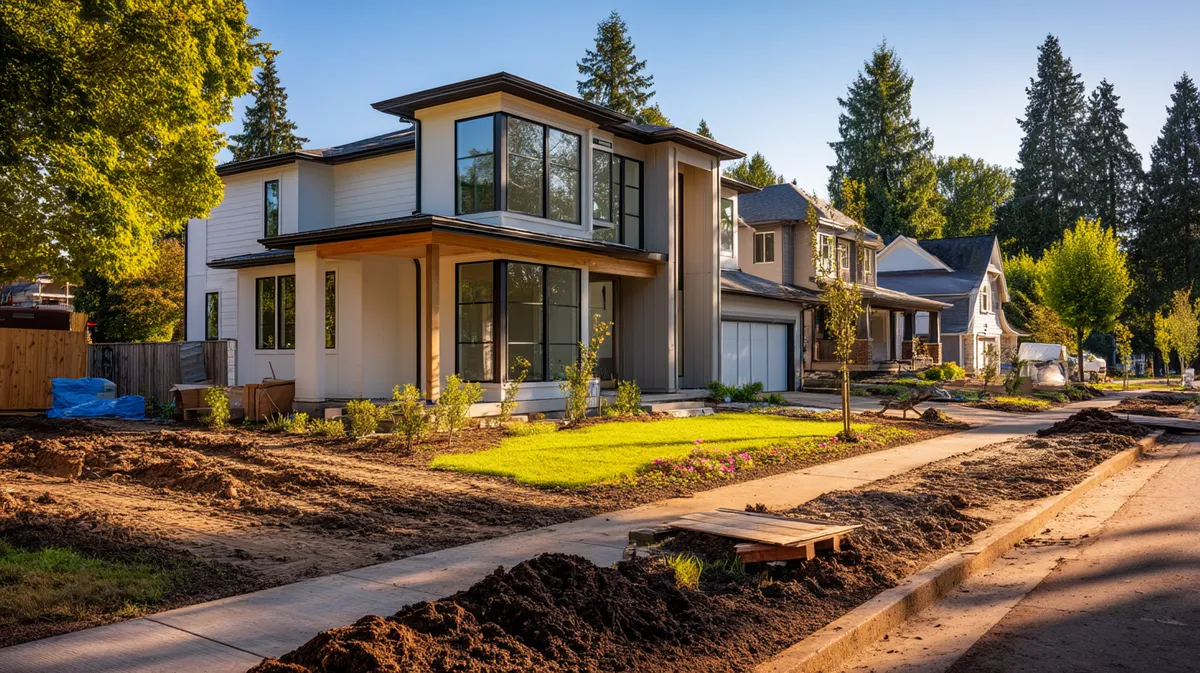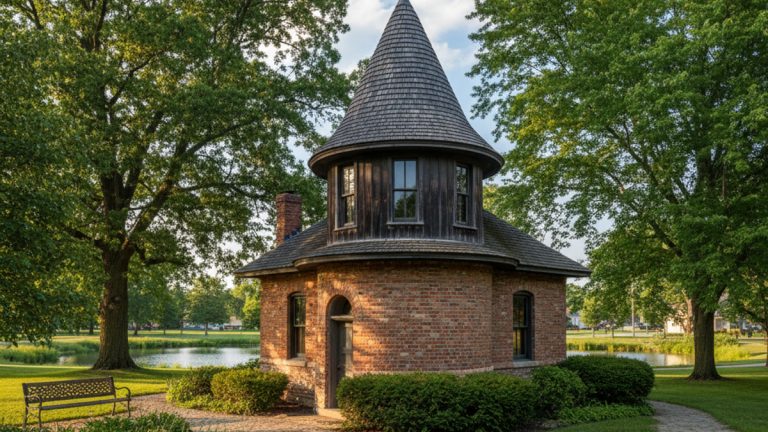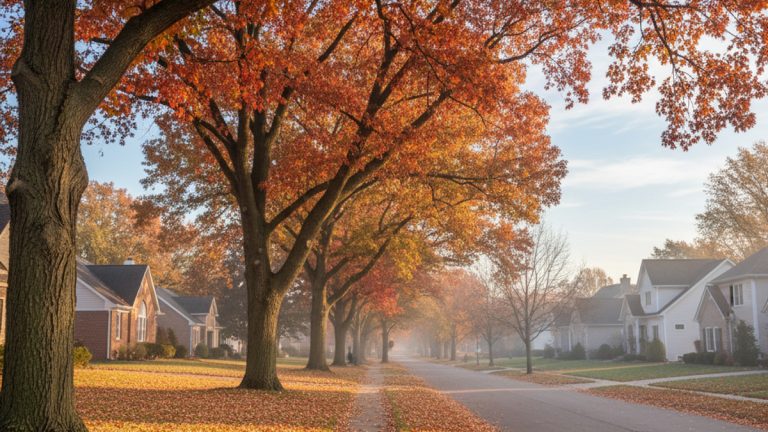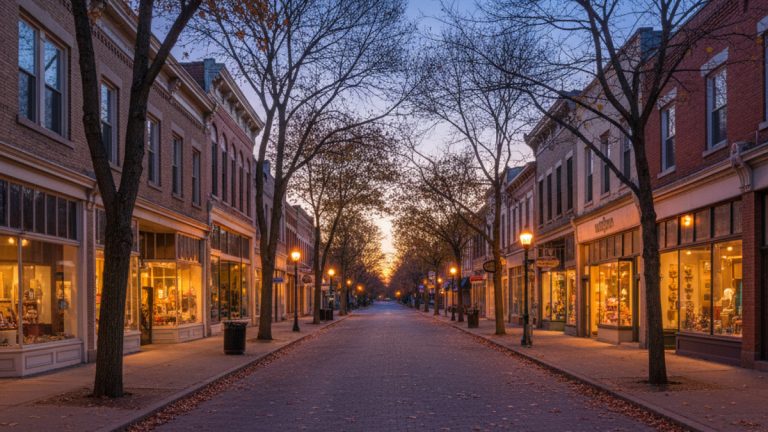Buying a newly built home feels different from buying an older one, and the timing of when you start to pay property taxes is a major part of that.
In most areas, your first property tax bill is tied to how the home was valued on the official assessment date. If the new construction home wasn’t finished by then, you may see taxes calculated only on the land value or partial improvements.
The following year, once the house is fully recorded on the roll, your annual property taxes typically adjust to reflect the completed home. In some states, such as California or New Jersey, you may also get a supplemental or added-assessment bill as soon as construction is completed.
What Are Property Taxes?
Property taxes are the local share you chip in so your town or county can keep the lights on, literally and figuratively.
They’re what pay for public schools, plowed streets in the winter, fire trucks, police stations, and even the upkeep on local parks. Every homeowner gets a bill once a year, and that bill ties directly back to what the local assessor says your place is worth.
The way it’s figured out isn’t complicated, but it rarely feels simple. Your assessor puts a number on your land and your house for tax purposes, and then each local body sets a tax rate to cover its budget. Put those pieces together, and that’s the figure that shows up on your tax bill.
If you’ve got a mortgage, you probably don’t write a big check once a year. Most lenders collect a slice of the total each month in what’s called an escrow account, then send the full amount off when the bill comes due. It’s their way of making sure the taxes are covered, and your way of avoiding a nasty surprise at the end of the year.
When Do You Start Paying Property Tax on a New Construction Home?
You begin paying property tax as soon as you take ownership and the local tax authority issues a bill.
What shows up on that first bill depends on the official assessment date in your area. If the home was only partially completed on that date, the bill usually reflects just the land value and any construction in place.
Once the home is completed, the full assessed value of the property is added to the tax roll, and future bills include both land and improvement.
In many jurisdictions, this adjustment happens automatically on the next assessment cycle. Some areas also issue an additional bill in the middle of the year to capture the new value from the completion date forward.
How Much Will My Property Taxes Be on a New Build?
Your property taxes are based on the assessed value of the land plus improvements multiplied by the local tax rate.
To estimate, search your parcel on the county assessor’s portal, note the assessed value, and apply the local tax rates published by the county or city. Rates vary widely because each taxing unit (schools, municipalities, special districts) sets its own portion.
If your home is still being built, the first year’s bill may look low. Expect a higher bill the following year once the assessor adds the full improvement value.
How Is Property Tax Different on a New Construction vs an Existing Home?
An existing home is already on the tax roll with both land and improvement values. Your first bill after purchase usually reflects a full year of taxes.
A newly built home may show only the land value in the first year, with an adjustment later once the home is completed. Some states send a supplemental bill or use added assessments to cover the difference for the remainder of the year.
The key distinction is timing: with new builds, the full taxable value often takes a year or more to catch up.
What Is the Average Increase in Property Taxes After Year One?
For many new homeowners, the first tax bill feels unusually low. That’s because it often covers only the land and whatever stage of construction existed on the official assessment date.
Once the house is fully finished and placed on the roll, the next cycle usually brings a noticeable bump. The bill then reflects both the land and the completed structure, and the size of that jump depends on two moving parts: the value the assessor assigns and the tax rates your local governments set for the year.
If you want a clearer picture ahead of time, the best step is to check your assessor’s site for the projected value of your home and run the math against last year’s rates. It won’t be exact as final rates aren’t set until the budget process wraps up, but it gives you a ballpark to plan for, so the increase doesn’t come as a surprise.
Can You Prepay Property Taxes on a New Construction Home?
You usually can’t prepay property taxes until a bill is created.
However, if you have a mortgage, your lender may begin collecting estimated taxes in escrow from the start. This way, you’re paying monthly even before the first full tax bill is due. If you pay directly, most counties accept payments only after the bill is posted, though some offer installment options.
FAQs About New Construction Property Taxes
When do I start paying taxes on my new home if it wasn’t finished by the assessment date?
You’ll typically pay taxes on the land value and any partial construction. The full house value is added at the next assessment or through a supplemental/added assessment bill.
What is a supplemental tax bill?
In California and a few other states, it’s an extra bill reflecting the value added when new construction is finished. It comes in addition to your regular annual bill.
How do I check my assessed value?
Go to your county assessor’s website, search by address or parcel number, and review the fields for assessed value, improvements, and land value.
How do escrow shortages happen with new construction?
If your lender underestimated the first year’s taxes, the escrow analysis the following year may reveal a shortage, which can increase your monthly payment.
Are exemptions available for new construction?
Yes. Many states offer homestead or similar exemptions that reduce taxable value. Check with your local assessor for application deadlines and eligibility.







